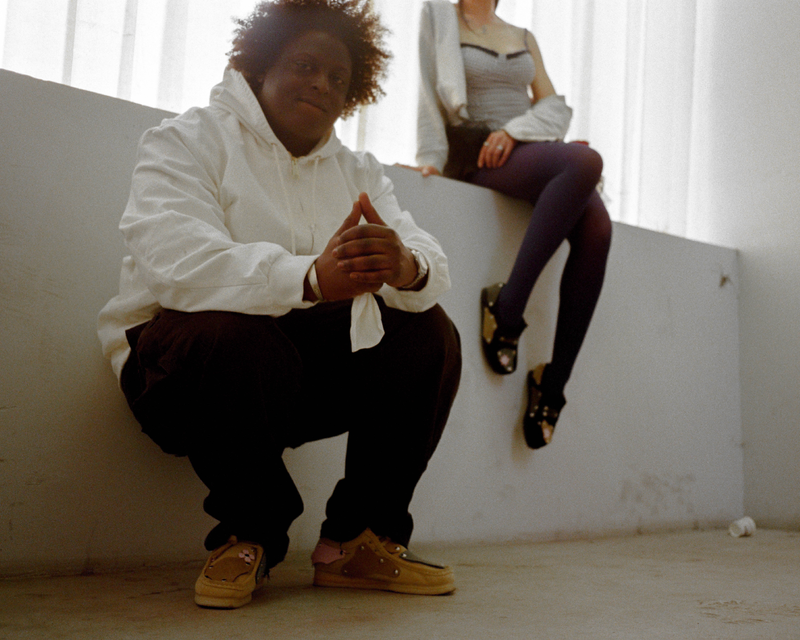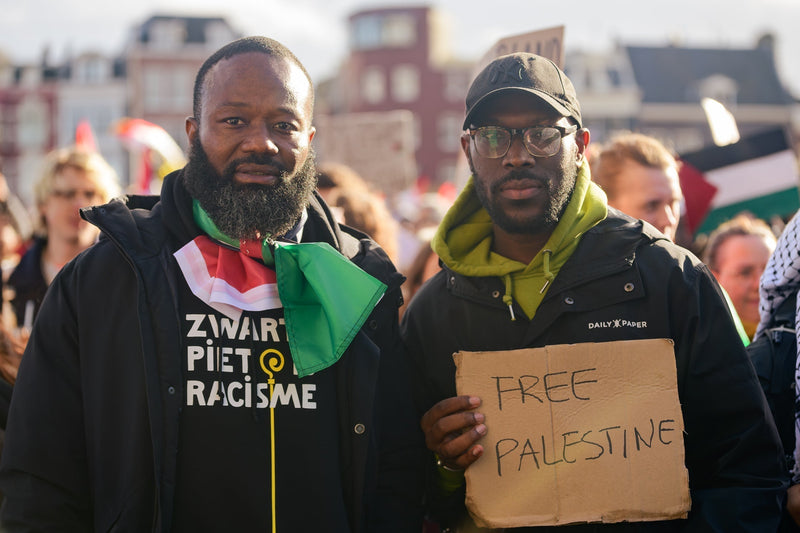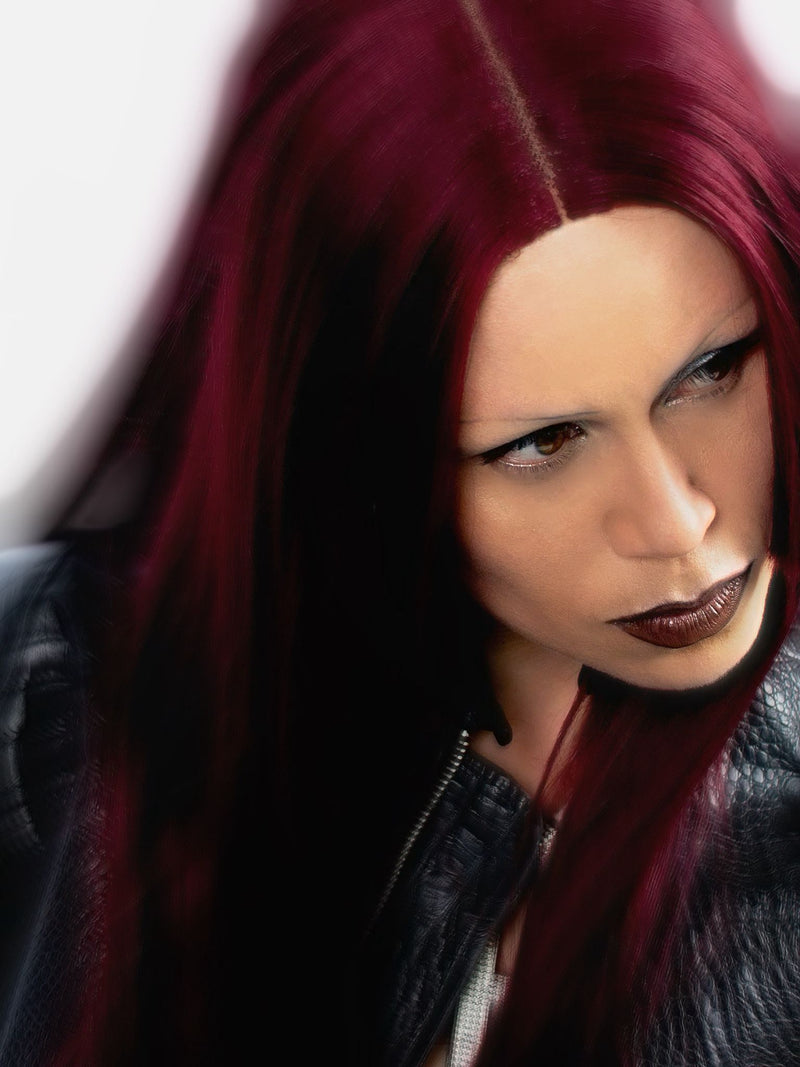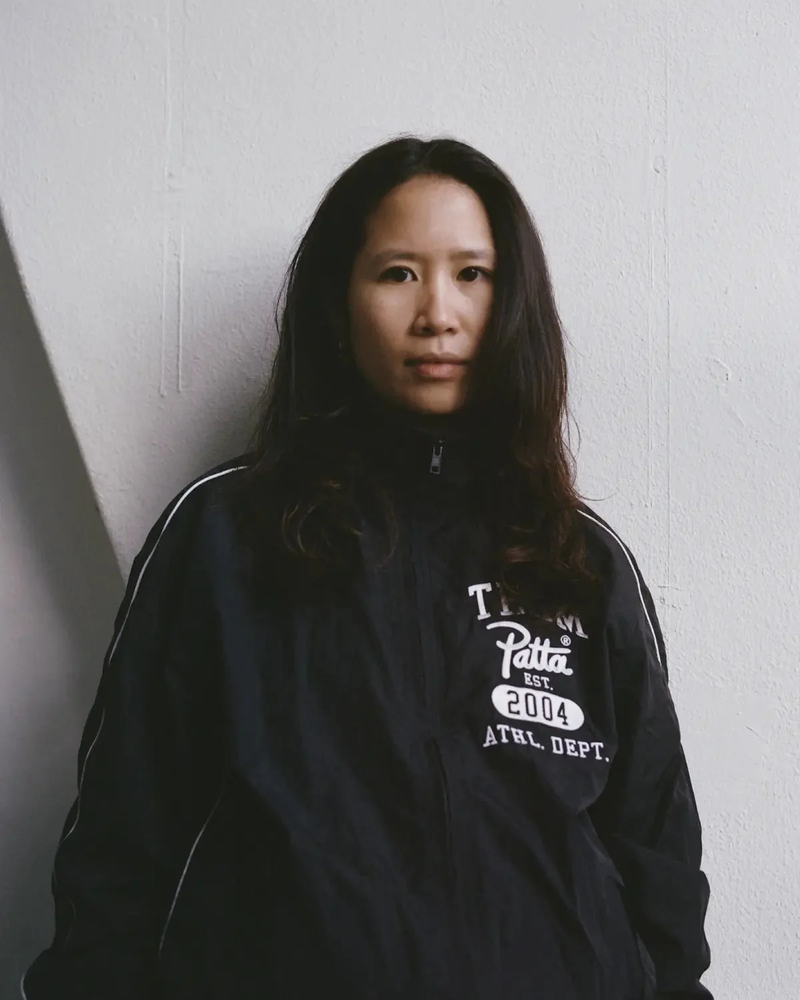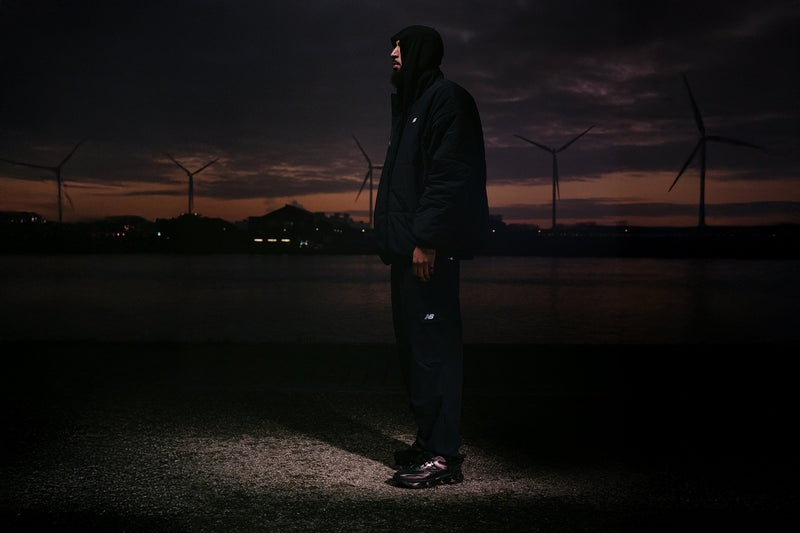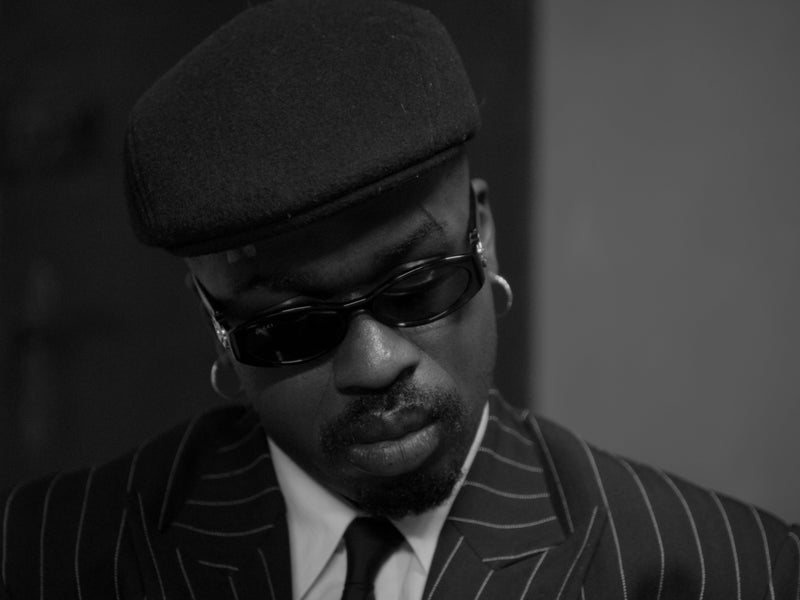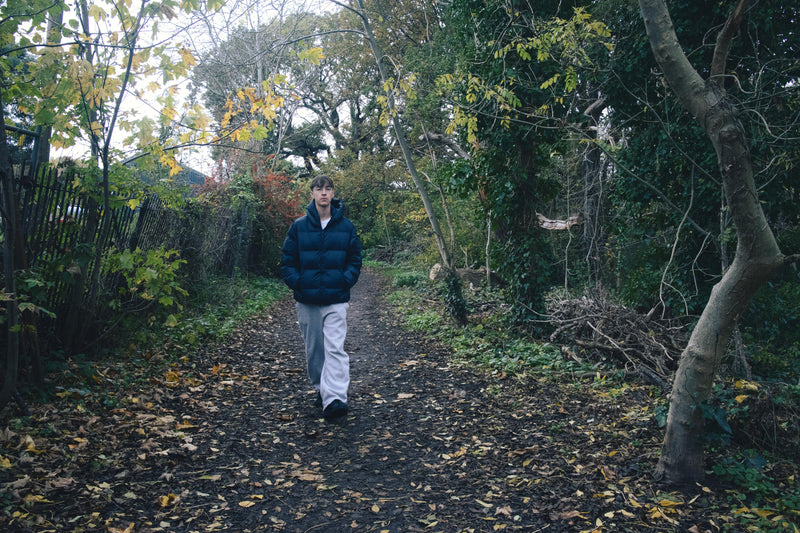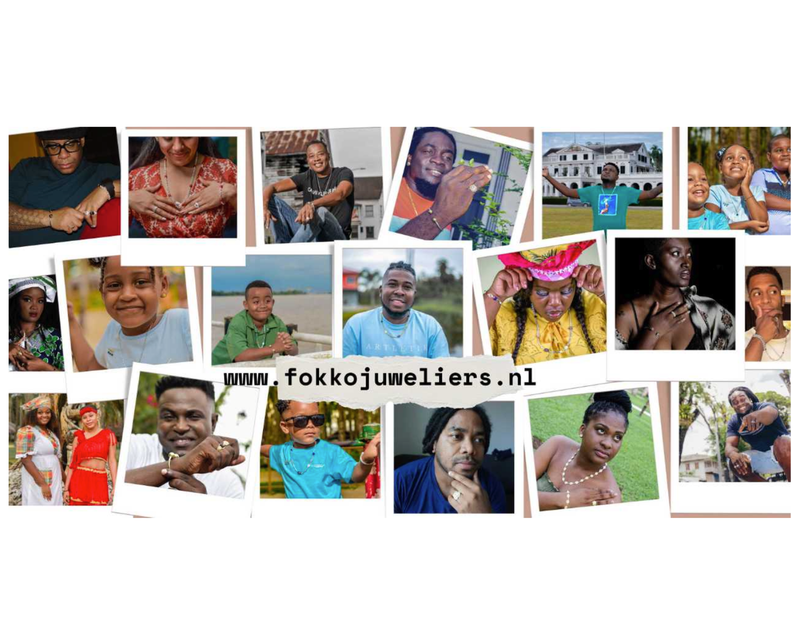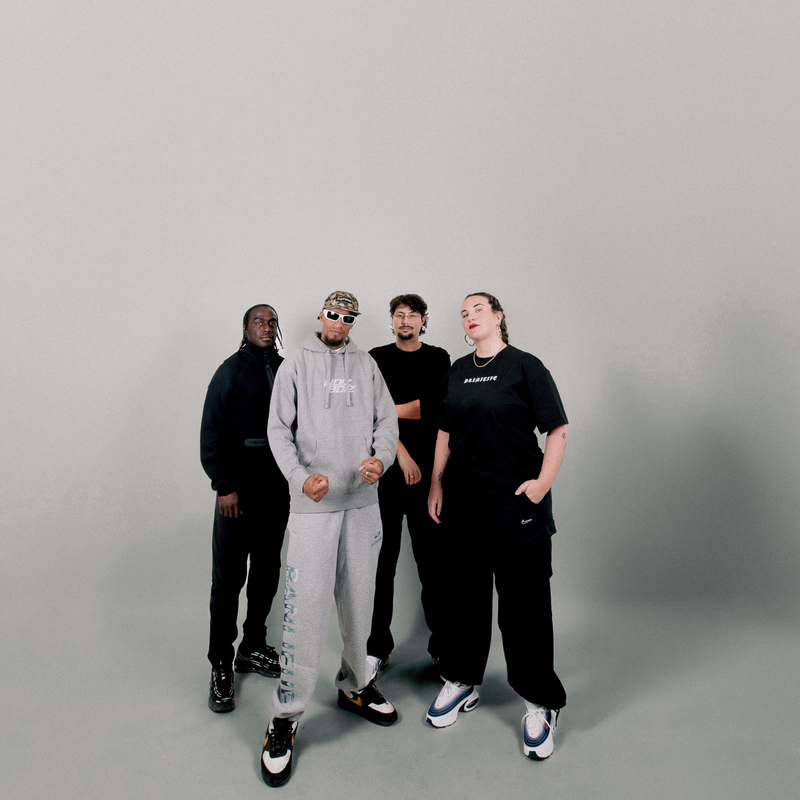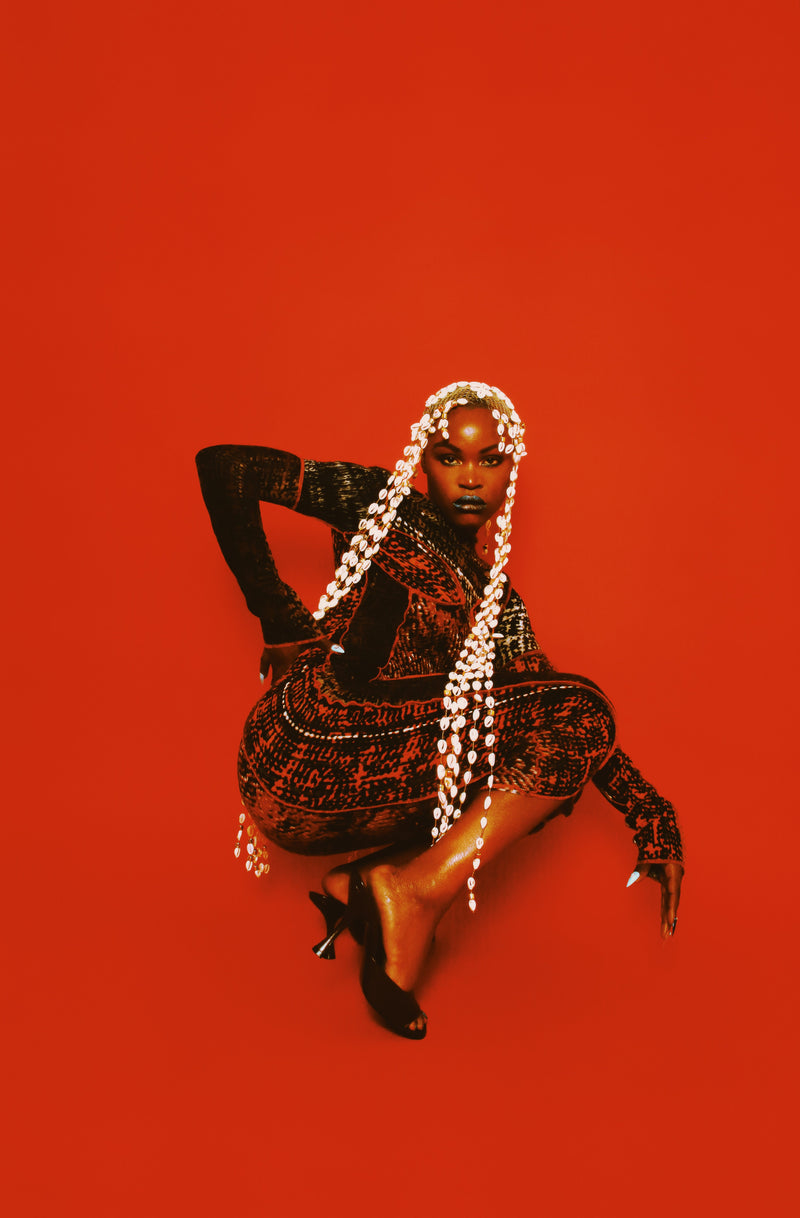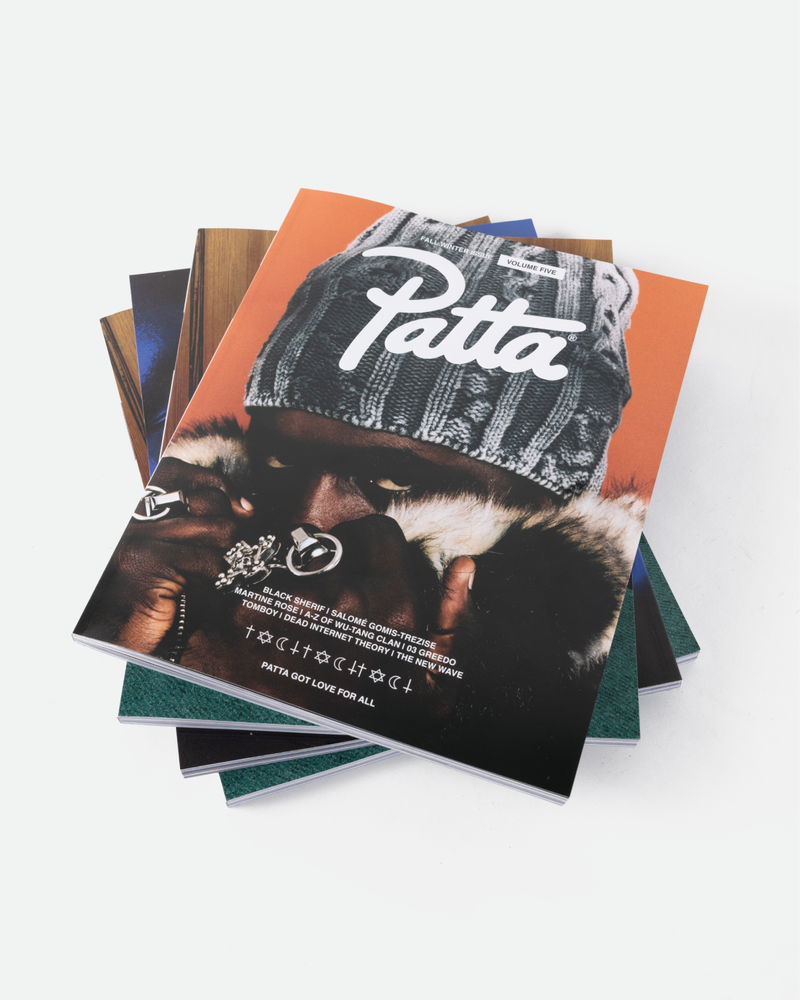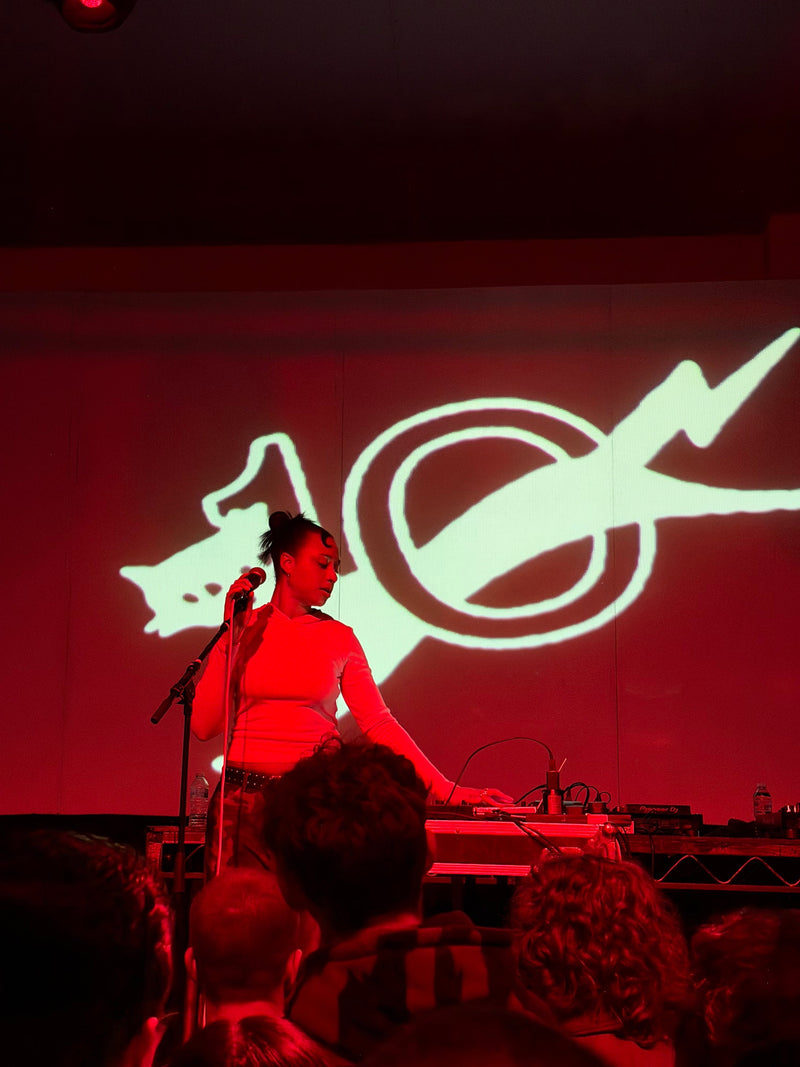
Get Familiar: Anysia Kym
Get Familiar: Anysia Kym
Interview by Passion DzengaAnysia Kym moves like someone who grew up inside rhythm. Bronx-born and now Brooklyn-based, she’s a drummer, producer, singer, and songwriter whose work refuses the neat genre categories the industry loves to sell back to Black femmes—especially those who are multi-instrumentalists. Kym’s music is a living archive of the sounds that raised her: the radio-fuelled hip-hop and R&B household, the mixtape culture that shaped uptown New York, and the deep Black musical lineage embedded in sampling. “Aside from a heavy percussive element, my production almost always involves sampling,” she explains, framing it not as a production trick but as an art form with roots that stretch far beyond any single era of rap. That history is audible in the technical language of her tracks—blues and funk residue, breakbeat architecture, jagged drum patterns, and time signatures that shift the ground beneath you, sometimes landing in 6/4 like a deliberate refusal to be easily consumed.If her production work is maximal in texture—built from self-arranged compositions, samples, live drums, or all three—her songwriting practice often moves in the opposite direction. In demos, she leans into minimalism: lyrics first, guitar-led sketches, a quieter space where voice and intention can sit in the foreground. This two-lane approach is not indecision; it’s a method. Each project becomes a different solution to the same problem: how to deconstruct the limitations placed on her body and her talent by choosing which of her abilities to centre, and refusing to let any single lane define the whole story.That rapid evolution has been visible for years, from her drumming period with the emo-tinged indie band Blair to solo releases that slide between hip-hop and electronica with a producer’s precision—most notably Truest (2024). There’s also an undeniable pull toward UK continuum energy in her work: jungle and drum’n’bass DNA as a spiritual cousin to London’s scene, made tangible on Pressure Sensitive (2023), her collaboration with British rapper and 10k label-mate Jadasea. But it’s her recent project Purity—made with producer Tony Seltzer—that distils Kym’s current language into something sharp, compact, and strangely intimate: a suite of short tracks engineered with clocklike exactness, where pitched-up vocals become percussion, and songs end before they over-explain themselves. In our conversation, Kym describes the process as deliberately organic—less “let’s make a genre record” and more a studio dialogue that kept getting weirder, freer, and more honest the longer it went on. What emerges is an artist learning, in real time, how to protect her curiosity—how to collaborate without compromise, how to let desire and longing live in the music without turning it into performance, and how to stay in control of the narrative when visibility arrives. We caught up with Kym to talk about sampling as lineage, drums as instinct, minimalism as discipline, and why, sometimes, the strongest statement a song can make is knowing exactly when to stop.For those who might be discovering you for the first time, can you introduce yourself and where you’re from?I’m from the Bronx, New York — specifically Co-op City. I live in Flatbush now, in Brooklyn. I’m a producer, songwriter, and singer. I used to play drums in a band, and over the last few years I’ve been focusing more on production and songwriting.Growing up in the Bronx comes with a lot of musical history. What were you surrounded by early on?I wouldn’t say I had specific artists I consciously thought of as influences back then, but music was always present. Both my parents are from uptown — Harlem and the Bronx — and they listened to a lot of Hot 97 back when it was very different from what it is now. My mom loved artists like The Lost Boyz and Slick Rick. My older brother was really into mixtape culture — buying tapes, bootlegs, the whole thing. That culture was everywhere: barbershops, hair salons, people selling tapes out of backpacks. Music felt communal and accessible.Hip-hop and R&B were the backbone of our household. And in New York, especially uptown, musicians didn’t feel distant. You might see someone on TV, but you might also see them at a family barbecue. That closeness definitely shaped my curiosity, even though the music I make now is more experimental than what was on the radio.Would you say those sounds raised you?Absolutely. It was a community thing. My parents only really knew uptown New York culture, but they were open-minded. I’m one of four siblings, all very different people, so they kind of had to be. That openness let us explore freely.Were you digging through your parents’ CDs and mixtapes as a kid?For sure. And my older brother babysat me a lot — we’re ten years apart — so I was exposed to everything he listened to. There wasn’t much censorship. I heard the curse words, watched whatever was on TV. My parents trusted us, and that freedom mattered.What was the first music you bought with your own money?The first CD I ever bought was What the Game’s Been Missing by Juelz Santana — from Walmart. I didn’t realise at the time that Walmart didn’t sell explicit music, so I ended up with the clean version. Meanwhile, my brother had the gritty mixtape versions. I was confused listening to all the bleeps. Alongside that, I loved Raven-Symoné, Bow Wow, The Cheetah Girls, Aaliyah, and Amerie — a wide mix. But Juelz was technically my first.Your music today leans heavily into percussion, breakbeats, and unconventional rhythms. How did that develop?Before I played drums, I actually started producing — very badly — on FL Studio. That was my first taste of making music myself. From there, I became obsessed with drums and wanted to understand the instruments behind the sounds I was sampling. I bounce back and forth between live music and production constantly. I don’t think you can really separate the two, especially in hip-hop.A lot of it came from hip-hop and R&B, pulling from everywhere — jazz, gospel, Latin music, Brazilian and West African music. All of it eventually gets shaped into something rhythmic. Being in bands also exposed me to odd time signatures and math-rock ideas. And honestly, a lot of it is trial and error. I don’t always know what I’m doing — happy accidents are a huge part of my process.Your tracks often feel loop-driven but very intentional. How do you know when a musical idea is finished?It’s very feeling-based. When I was only making instrumentals, the beat was the song, so it could just live in a loop. Writing vocals changed that. If it’s something I plan to sing or have someone else write to, I leave space. I treat instrumental tracks differently from songwriting tracks. What “finished” means depends on the purpose of the song.You moved from FL Studio to Ableton fairly early on. What shifted for you there?Ableton felt more intuitive, especially coming from a band context. It allows you to think like a performer, not just a beat-maker. There’s so much depth to it — I probably use only a fraction of what’s possible — but it opened things up in a way FL didn’t for me.You’ve collaborated with artists like Tony Seltzer and Loraine James. What do collaborations reveal to you about yourself?I need to feel safe creatively. Collaboration works best when it’s not a one-off moment, but something you’d want to return to. With Tony and Loraine, there’s a shared openness to getting weird. There’s no pressure to hit a specific genre or outcome. We stopped trying to say “let’s make this kind of track” because it killed the fun. The best moments came from conversation, not intention.Loraine, especially, has been producing longer than I have, and she’s a real nerd about sound — in the best way. She listens to everything, plays with time signatures, and still has a very clear identity. That inspires me because I’m still discovering my sound, and I don’t think that’s something you can plan. It develops naturally.On Purity, there’s a lot of sped-up vocals. What does that choice mean to you?Sped-up vocals take the focus away from identity and put it on movement and feeling. The voice becomes another instrument. It’s less about who’s singing and more about how it hits. That anonymity is freeing. It connects to jungle and garage traditions too — vocals as texture, not centre stage.Many tracks on the record are under two minutes. Why that restraint?It was intentional. The first song we made was longer and more traditional, but once we started making shorter songs, they just felt right. Even though we’re in a maximalist era, not every idea needs to be stretched. Some songs hit harder because they end where they do. Short doesn’t mean incomplete.You’re no longer in a band and are working more as a solo artist. What does that shift give you emotionally?It feels childlike again — like a one-woman band. I’m experimenting more, playing guitar, producing, writing, all from home. I want music-making to feel playful. If it stops feeling that way, it loses its appeal.You don’t seem to set many technical limitations in your process. Where do you draw boundaries?The main limitation I set is who I work with. Visibility brings opportunities, but not all collaborations are about the music. I’m careful about that. I want to avoid being boxed in — especially as a Black woman — whether that’s hypersexualisation or aesthetic over substance. Controlling my narrative matters.You danced on camera in the “Speedrun” video. Do you see the body as another instrument?In performance, yes. For that video, I wanted to dance specifically because I’m not a dancer. I worked with a choreographer so it felt intentional, not lazy. It wasn’t about perfection — it was about awkwardness, discomfort, beauty, and movement. That’s how life feels to me, and the song captured that.Are there any scenes or sounds you’re exploring right now?I’m inspired by younger producers like Step Team from New Jersey — really wild, unquantized drum patterns. Baby Osama too. But honestly, I also live in the past. I’ve been stuck on Teena Marie for years because that’s what my mom played nonstop. Looking back is just as important as looking forward.DJing has also entered your practice. How does that inform your music?I respect DJing deeply. It’s a craft. I only DJ occasionally because I know how demanding it is — physically, mentally, emotionally. DJs shape spaces for hours at a time, regardless of crowd size. That seriousness inspires me, even though my main practice is still producing and songwriting.Finally, where are you heading next?Early 2026 is hermit mode. I’m working on my next solo project, mostly at home — getting weird, experimenting, writing. I might play a couple of shows in the spring, but the focus is on making the next record feel honest and expansive. I’m excited about that.
